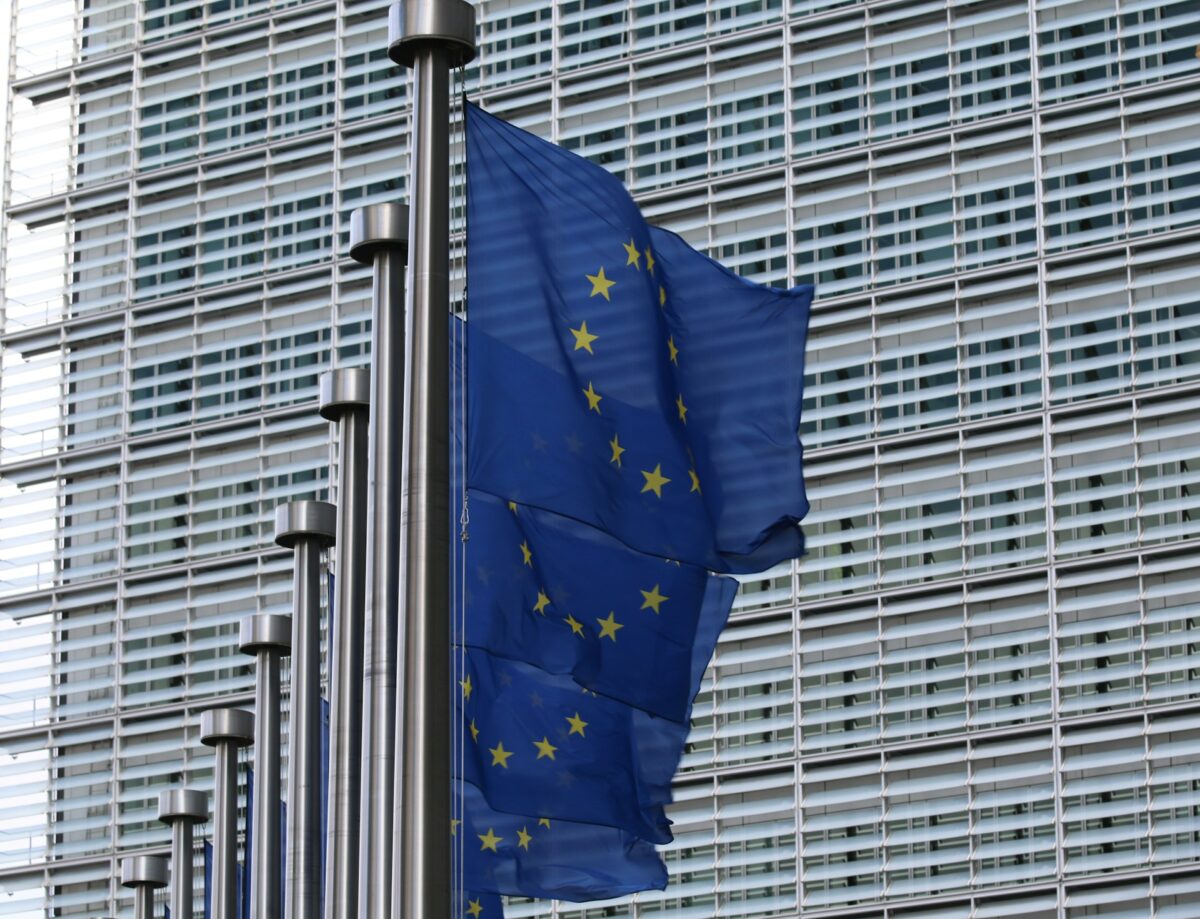Members of European Parliament (MEPs) have formally agreed upon the Net-Zero Industry Act (NZIA), which is designed to help Europe manufacture at least 40% of its annual deployment needs of strategic technology products, including PV modules, batteries and heat pumps.
The legislation was approved by 361 votes to 121, with 45 abstentions. The NZIA will now have to be formally adopted by the European Council in order to become law. The council informally agreed upon it in February.
The NZIA mandates faster permitting procedures for all renewable and energy storage technologies and sets maximum timelines for projects to be authorized, depending on their scope and output. This work will be supported by the creation of Net-Zero Acceleration Valleys, where parts of the evidence collection for environmental assessments will be delegated to member states.
It also features mandatory non-price resilience and sustainability criteria to be applied in public procurements, auctions, and other forms of public intervention for net-zero products. Under these terms, a minimum of 30% of renewables projects awarded in public tenders must meet resilience criteria, or a maximum of 6 GW of auctions per nation per year.
The European Solar Manufacturing Council (ESMC) is among the entities that are backing the NZIA. The council’s policy director, Žygimantas Vaičiūnas, said the approval from MEPs gives a green light for the procurement of sustainable Europe-made solar panels.
Popular content
“We urge the member states to start buying as from now, and not waiting for the time thresholds in the regulation,” Vaičiūnas said. “European solar PV manufacturers are ready to supply European buyers with top quality and the most sustainable European-made solar panels.”
A statement from the ESMC said that while the act should be entered into the official journal by June, member states can apply its provisions beforehand.
The ESMC added that it welcomes the introduction of non-price criteria, but noted that application of the provisions will only go into effect in 2026 and to a limited part of the European PV market, “as public procurements and auctions comprise [a] relatively small part of all PV deployments in the EU … Accordingly, most of the effect of the application of the NZIA provisions will depend on its earlier implementation and broader scope of application – extending beyond public procurements and auctions.”
Earlier this week, the European Parliament approved a law to ban products made using forced labor, which the ESMC had previously lobbied for.
This content is protected by copyright and may not be reused. If you want to cooperate with us and would like to reuse some of our content, please contact: editors@pv-magazine.com.


NZIA, too little, far far too late. It will have zero impact in terms of encouraging the quasi-non-existent Euro mfu PV industry, it might help a tiny bit the Euro mfu wind industry. The measures conform to neo-liberal tennets which abhor actions that “interfere” with markets. Of course the Chinese ignore such tennets, which is why they dominate the global PV industry, the EV industry, the batt industry, and soon the wind turbine industry. Europeans, working hard to loose each day, in every way. But don’t worry, the Chinese are laughing.